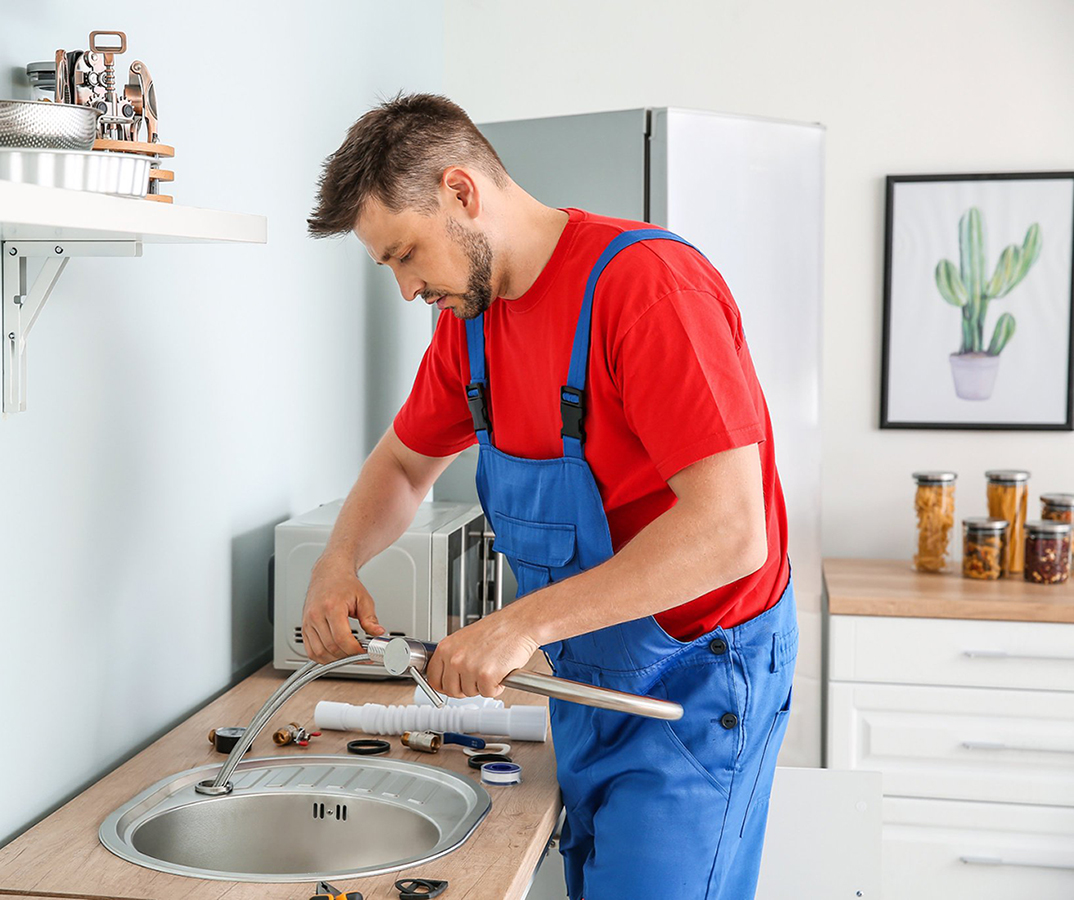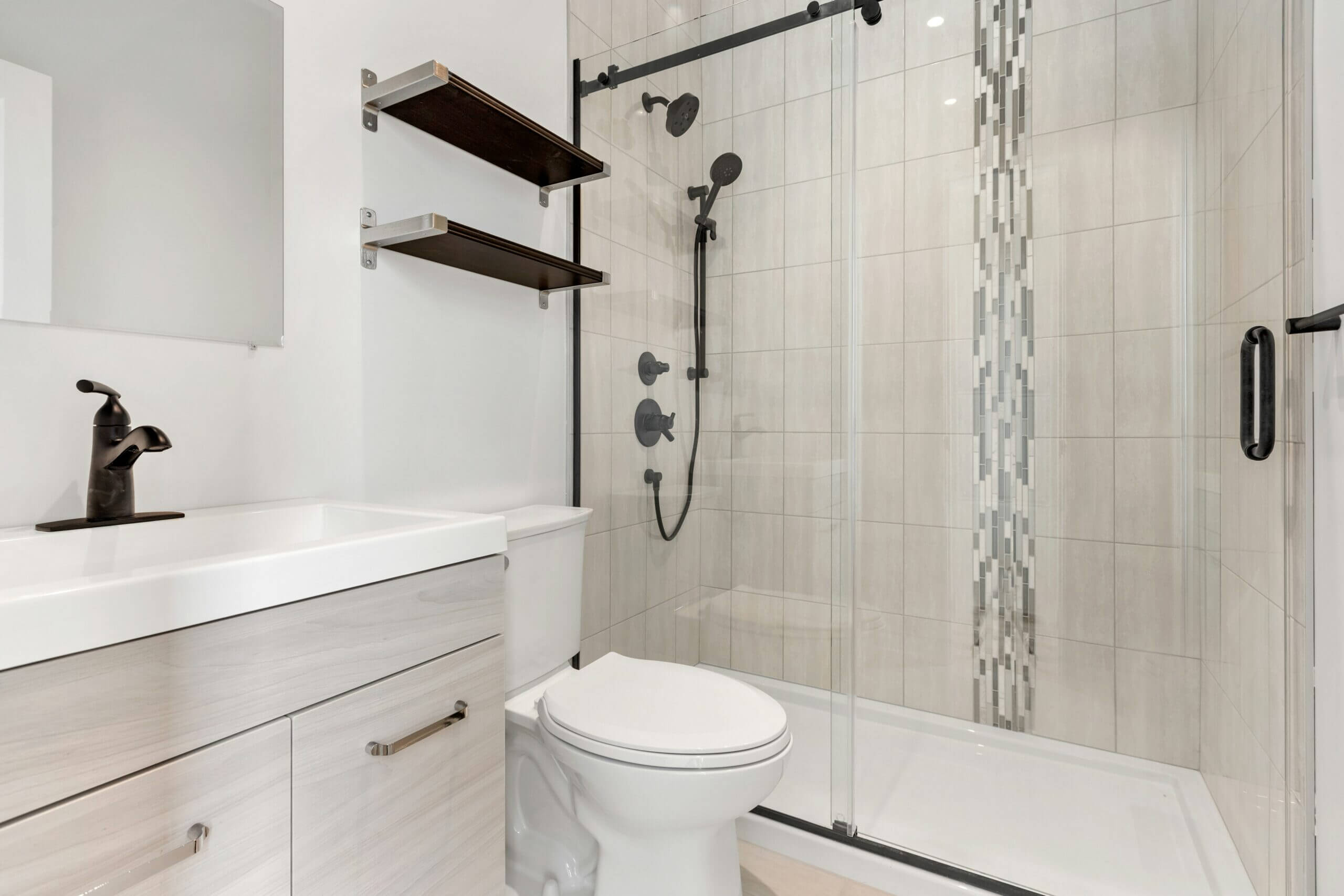Vital Bathroom Plumbing Guidelines Every First-Time Home Buyer Should Know
Vital Bathroom Plumbing Guidelines Every First-Time Home Buyer Should Know
Blog Article
Are you looking for ideas around 11 Must-Read Tips for Plumbing a New House?

For brand-new homeowners, understanding and preserving shower room pipes can conserve both money and time by protecting against costly issues down the line. Here are some important restroom pipes ideas to assist you keep everything running smoothly.
Acquaint Yourself with the Main Shut-Off Valve
Recognizing where the main water shut-off shutoff is located in your house is crucial. This permits you to swiftly shut off the water system in case of significant leaks or throughout plumbing emergencies, avoiding comprehensive water damages.
Regularly Check for Leakages
Small leakages can bring about large issues. Routinely check under sinks, around commodes, and near plumbing components for any indications of leaks. Seek dampness, tiny drips, or rust. Capturing and fixing leaks early can avoid a lot more significant damages and conserve water.
Don't Ignore Slow Drains
If your sink or bathtub is draining gradually, it's typically an indicator of a blockage forming. Resolving this very early can protect against a full clog. Make use of a bettor or a plumbing professional's serpent to clean out debris. Avoid making use of chemical drainpipe cleaners as they can damage your pipelines gradually.
Know What Not to Flush
Toilets are not garbage disposals. Stay clear of purging anything aside from toilet paper and human waste. Things like wipes, feminine health products, and cotton bud ought to be gotten rid of in the trash to avoid clogs and drain backups.
Mount Strainers in Drains
Place strainers in your sink and bath tub drains to catch hair and other particles prior to they enter your plumbing system. Cleansing the filters consistently will assist stop accumulation and maintain water moving freely.
Maintain Your Hot Water Heater
Guarantee your water heater is readied to a suitable temperature level (usually about 120 levels Fahrenheit) to prevent hot and reduce energy use. Flush the tank every year to eliminate debris build-up, which can decrease the efficiency and life-span of your heater.
Update Your Components
If your home has older fixtures, consider updating to much more efficient versions. Modern bathrooms, showerheads, and faucets are created to use less water while providing excellent stress, which can significantly reduce your water bill and ecological impact.
Beware with Do It Yourself Pipes Fixes
While it's alluring to manage all home fixings on your own, beware with plumbing. Some concerns may require specialist experience, especially if they include major water lines or sewer repairs. Employing an expert can occasionally be more affordable than DIY, especially if it avoids further damage.
Prepare for Cold Weather
Safeguard your pipes from cold throughout cold weather by insulating pipes in unheated locations like cellars, attics, and garages. During extreme chilly, let cold water drip from taps offered by subjected pipes to assist avoid freezing.
Set Up Routine Maintenance
Take into consideration organizing yearly examinations with an accredited plumbing. They can spot problems that you might miss out on, such as covert leakages or wear and tear on pipelines and components. Regular maintenance aids extend the life of your plumbing system and can prevent emergencies.
Conclusion
Comprehending and keeping your home's bathroom plumbing can stop lots of common concerns. By complying with these vital pointers, you can guarantee your washroom continues to be practical and reliable, saving you money and time in the future.
Essential Plumbing Tips for Homeowners: Keep Your Pipes Flowing Smoothly
As a homeowner, understanding the basics of your plumbing system can save you time, money, and a lot of headaches. Plumbing issues can range from minor annoyances like dripping faucets to major problems like burst pipes that cause significant damage. This guide provides essential tips to help you maintain your plumbing system and tackle common issues.
Understanding Your Plumbing System
Supply System: Brings fresh water into your home from a municipal source or a well. Drain-Waste-Vent System: Removes wastewater and vents sewer gases outside. Fixtures and Appliances: Includes sinks, toilets, showers, dishwashers, and washing machines. Basic Maintenance Tips
Regular Inspections: Periodically check for leaks, corrosion, and other signs of wear and tear. Look under sinks, around toilets, and near water heaters. Know Your Main Shut-Off Valve: In case of a major leak, you’ll need to shut off the water quickly. Ensure everyone in your household knows where the main shut-off valve is located. Prevent Frozen Pipes: In cold climates, insulate exposed pipes and let faucets drip during extreme cold to prevent freezing. Use Strainers: Install strainers in sinks and tubs to catch hair, food particles, and other debris that can cause clogs. Common Plumbing Issues and Solutions
Clogged Drains:
Prevention: Avoid pouring grease down the drain and use drain screens to catch debris. DIY Fix: Use a plunger or a plumbing snake to clear minor clogs. For stubborn clogs, a mixture of baking soda and vinegar can sometimes help. Leaky Faucets:
Prevention: Replace washers and seals regularly. DIY Fix: Turn off the water supply, disassemble the faucet, and replace worn parts.

Make An Appointment Report this page